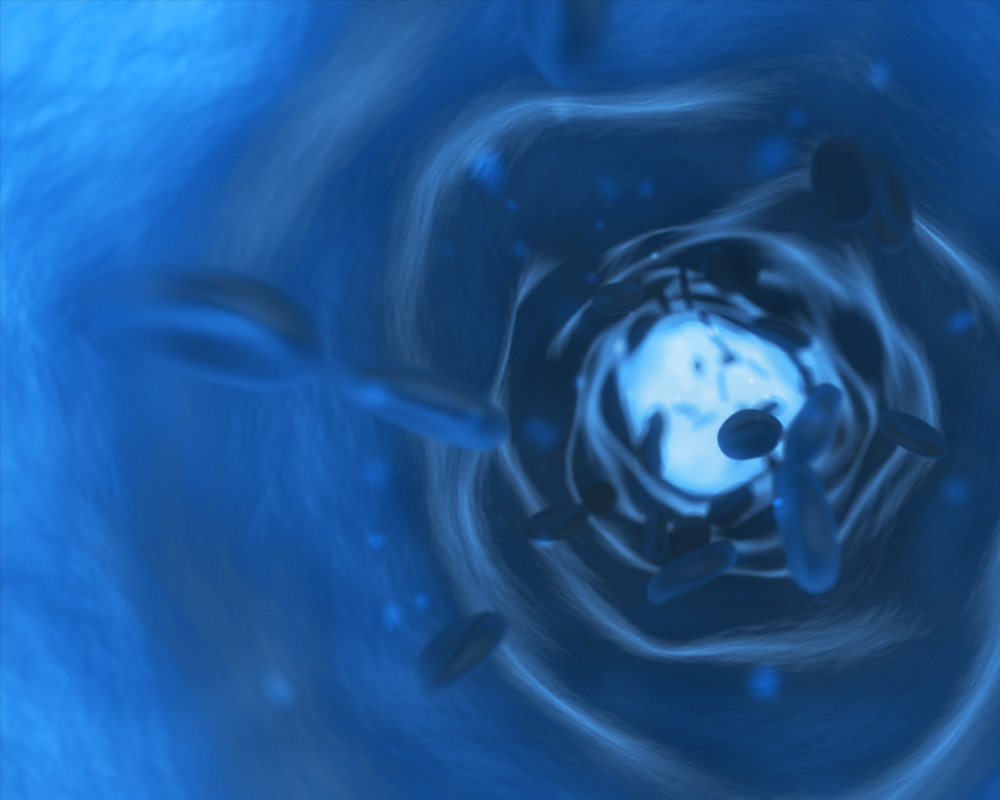Proteostasis is the balance of proteins in the human body, and its loss can lead to chronic diseases such as cancer. Proteostasis loss occurs when proteins are not properly maintained or damaged, resulting in an imbalance in the body. To help mitigate and counter the loss of proteostasis, it is important to understand the factors contributing to this loss and the treatments that can help restore balance in the body.

One of the primary contributors to proteostasis loss is environmental and lifestyle factors, such as smoking, poor diet, and exposure to toxins. To reduce the risk of protein damage, it is important to maintain a healthy lifestyle including healthy eating habits, regular exercise, and limiting exposure to toxic substances. Additionally, quitting smoking can have significant beneficial impacts on health, including reducing the risk of proteostasis loss and related diseases.
Another contributor to proteostasis loss is genetic mutations that disrupt the balance of proteins in the body. Certain genetic disorders can lead to improper folding of proteins, resulting in imbalances and disease. While there is currently no cure for genetic mutations, there are treatments that can help reduce their effects. For example, genetic-targeting drugs have been developed to allow specific cells to target mutation-causing proteins for degradation or disruption. Additionally, gene therapy techniques have been developed to replace certain genes that cause mutations.
Finally, oxidative stress, often caused by environmental toxins, has been linked to proteostasis loss. To reduce the effects of oxidation and counter proteostasis loss, it is important to maintain healthy antioxidant levels in the body. This can be achieved through the consumption of antioxidant-rich foods such as fruits, vegetables, and nuts. Additionally, the use of dietary supplements containing antioxidants can also be beneficial in reducing oxidative damage and restoring proteostasis.In conclusion, it is important to understand the contributing factors to proteostasis loss, and to take steps to mitigate and counter this loss. This can be achieved through healthy lifestyle choices, including quitting smoking and incorporating antioxidant-rich foods and supplements into the diet. Additionally, specific treatments, such as genetic-targeting drugs and gene therapy, may be beneficial in reducing the effects of mutations causing proteostasis loss. Ultimately, reducing risk factors and implementing treatments that restore balance in the body can help mitigate the loss of proteostasis and protect against the development of chronic diseases.
What is proteostasis?
Proteostasis is the balance of proteins in the body, and its loss can lead to chronic diseases such as cancer.
How can lifestyle choices help mitigate and counter the loss of proteostasis?
To help mitigate and counter the loss of proteostasis, it is important to maintain a healthy lifestyle including healthy eating habits, regular exercise, and limiting exposure to toxic substances. Additionally, quitting smoking can have significant effects on health.
How can genetic mutations cause proteostasis loss?
Certain genetic disorders can lead to improper folding of proteins, resulting in imbalances and disease.
What are some ways to reduce oxidative stress and counter proteostasis loss ?
Antioxidants such as Vitamin C and Vitamin E, as well as certain foods such as tomatoes and green tea, can help to reduce oxidative stress while helping to counteract the loss of proteostasis.
Links to usefull links on the subject:
https://doi.org/10.1126/science.1101738
https://doi.org/10.1083/jcb.201003122
https://doi.org/10.1016/0968-0004(90)90019-8
https://doi.org/10.1152/physrev.00027.2001
https://doi.org/10.4161/auto.19371
https://doi.org/10.1074/jbc.M109.074617
https://doi.org/10.1186/s12883-019-1252-3
https://doi.org/10.1146/annurev-biochem-060815-014616
